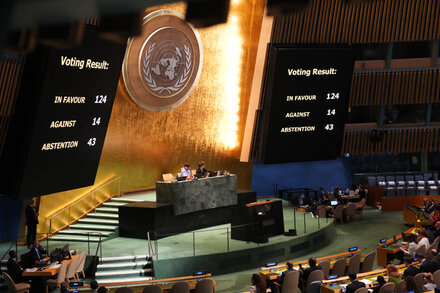New York, NY – The word “nemesis” takes center stage today as the designated “Word of the Day,” inviting reflection on its rich etymological roots and enduring significance in contemporary English. Often conjuring images of formidable opponents or inescapable destinies, the term carries a weight of both mythological history and modern relevance.
At its core, “nemesis” refers to an opponent or rival whom a person cannot overcome, or a source of harm or ruin. It also denotes the inescapable agent of someone’s downfall or a deserved punishment.
From Greek Mythology to Modern Lexicon
The origins of “nemesis” can be traced back to ancient Greek mythology. Nemesis was the goddess of divine retribution and vengeance, responsible for punishing human hubris (excessive pride) and maintaining balance. She would bring down those who had been too fortunate or too arrogant, ensuring that no one could escape their just deserts.
Over centuries, the word evolved from personifying divine justice to describing a more general concept. Its journey into the English language solidified its dual meaning as both a powerful, often unbeatable adversary and the inescapable, often adverse, fate or consequence that befalls someone.
Contemporary Usage and Nuances
In modern usage, “nemesis” frequently appears in contexts ranging from sports and literature to personal narratives. A team’s long-standing competitor might be referred to as their nemesis, just as a villain in a story serves as the hero’s ultimate nemesis. It encapsulates an adversarial relationship marked by repeated encounters and a deep-seated rivalry, often with a sense of inevitability.
According to dictionary definitions, a nemesis is “a formidable and usually victorious rival or opponent,” or “one that inflicts vengeance or retribution.” It can also signify “a just punishment; retribution.”
The term carries a strong connotation of ultimate challenge or unavoidable consequence, distinguishing it from simpler words like “rival” or “enemy.” It suggests a more profound and often personal connection to the force or individual destined to be one’s undoing or greatest challenge.
Understanding “nemesis” not only enriches vocabulary but also provides insight into the enduring human fascination with concepts of fate, justice, and the powerful forces – be they individuals or circumstances – that shape our lives and challenges.
Source: Read the original article here.





